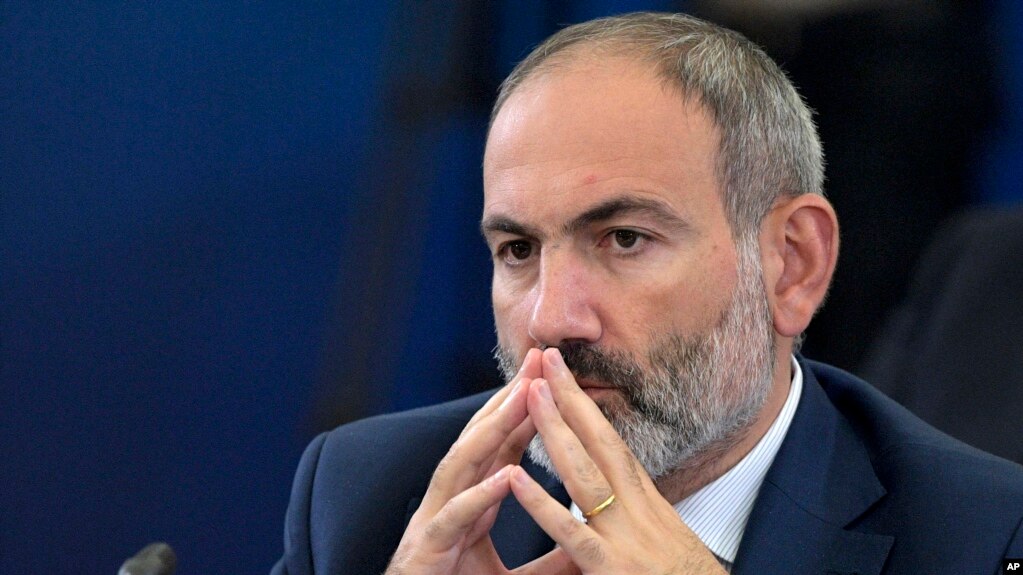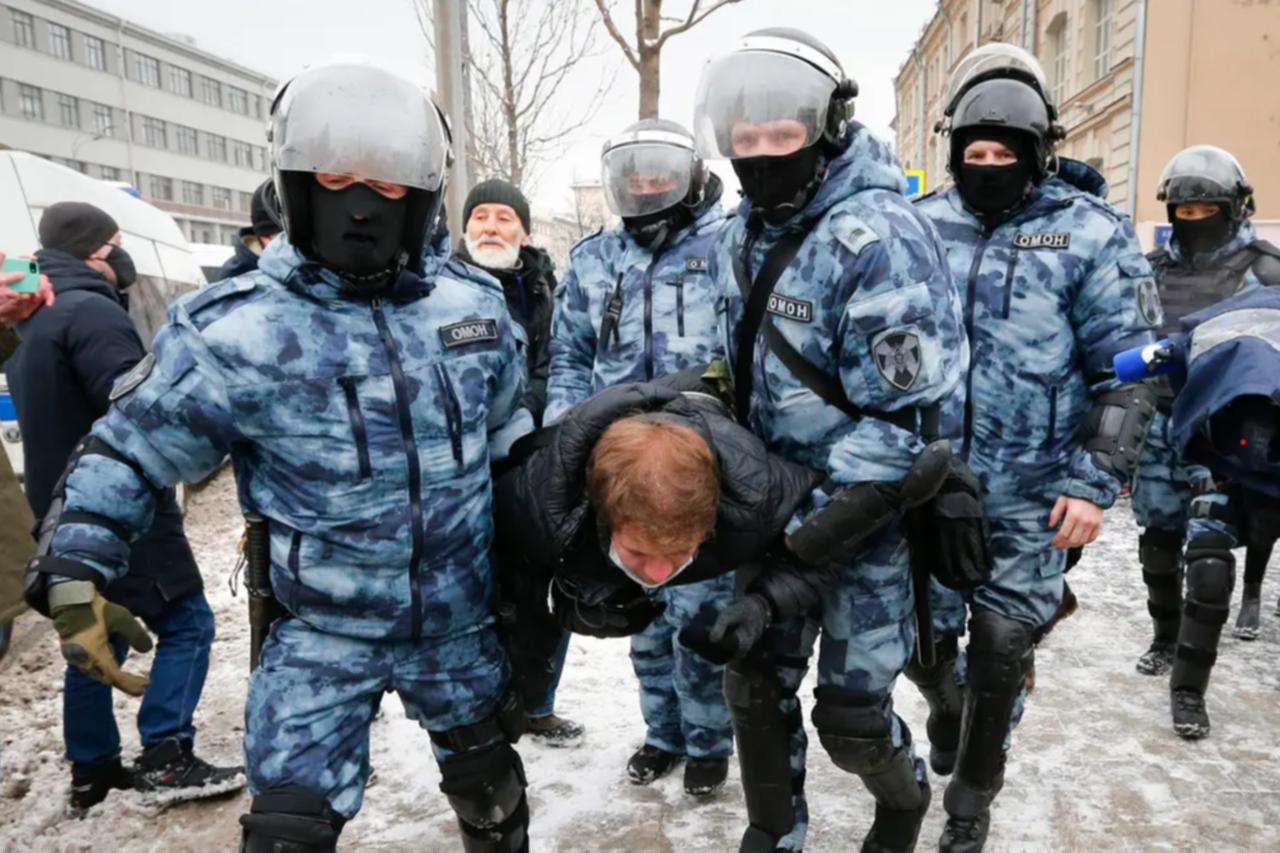
Russian missile attacks on Kyiv, Lviv, Dnipro, Odesa, and many other Ukrainian cities, seem to be a one-time retaliation to the recent Ukrainian “rightful act of sabotage” on the Crimean Bridge. At this point, nothing indicates that the Kremlin will change its military and political approach and take actions that could achieve at least some goals of its so-called special military operation in Ukraine.
Although Russia damaged parts of the Ukrainian critical infrastructure, namely energy facilities, the Eastern European country’s military capabilities remain intact. Not a single bridge on the Dniepr River has been destroyed, nor did Russia target any railway infrastructure in Ukraine. More importantly, not a single Ukrainian leader has been killed due to the Russian attacks.
The Kremlin’s move was likely part of Russian President Vladimir Putin’s attempt to continue creating an illusion that his military adventure in Ukraine is “going according to plan.” In addition, given that Russian society has become angry about recent Russian humiliations on the battlefield – from the Kharkiv debacle to the fall of Lyman – Moscow was forced to make some steps to help the Russian political leadership save face in the eyes of the Russian population.
In reality, Russia continues supplying the European Union with natural gas via Ukrainian territory, which indicates that, for the Kremlin, business with its Western partners still has a priority over the initial goals of the “special military operation.” Putin’s rhetoric suggests that Russia, at least at this stage of the conflict, does not intend to raise the stakes and “fight until victory.”
"Strikes were carried out with high-precision weapons on the energy, military, and communication infrastructure. In case of continuation of terrorist acts on our territory, the responses will correspond to the level of threats", Putin stressed on October 10.
Such a statement suggests that the Kremlin will continue calculating and taking half-measures in Ukraine, allegedly attempting to force Kyiv to sign a peace or a ceasefire agreement under the Russian terms. But Russia’s attacks on the critical Ukrainian infrastructure could backfire.
The Ukrainian society will remain determined to fight against Russian aggression, and Kyiv’s response to Russia’s barrage of missile attacks will likely be severe. More importantly, the West will continue supplying Eastern European countries with weapons.
“Instead of talking, we need air defense, MLRS, longer-range projectiles,” Mykhailo Podolyak, an adviser to Ukraine's President Volodymyr Zelensky, wrote on Twitter.
Since Putin’s rhetoric indicates that the Kremlin will wait for new “terrorist acts on Russian territory,” the West will have enough time to provide Ukraine with modern air-defense systems. That, however, does not mean that protecting Ukraine from Russia’s missiles will be an easy task.
Ukraine is the second largest country in Europe after Russia, meaning there are too many sites to be protected. Still, Western-made air-defense systems could make life easier for the war-torn nation.
Hypothetically, Russia could seriously harm the Ukrainian economy, especially the country’s energy sector, if it continues conducting missile strikes on Ukrainian critical infrastructure facilities daily. But judging by Putin’s speech, there does not seem to be a political will in the Kremlin for such an action. Instead, Moscow is expected to continue mobilizing its forces, hoping to defend Russian-occupied Donbas, Kherson, and Zaporizhzhia from the ongoing Ukrainian counteroffensive.
However, even if the Kremlin eventually decides to focus on destroying the Ukrainian critical infrastructure, the West will almost certainly provide Kyiv with power generators and other equipment that could help Ukraine to overcome the winter. Hard times might be ahead for the Ukrainian population, but that does not mean they will stop resisting.
Sooner or later, the West may provide Ukraine with long-rage weapons capable of destroying Russian launching facilities. Even though the Russian Foreign Ministry warned that Western deliveries of such weapons to Kyiv will become “a red line for Russia,” nobody in the West takes such threats seriously. The Kremlin has drawn too many “red lines,” and Ukraine and the West have already crossed them.
Therefore, rather than Ukraine, Russia can get the short end of the stick in the long term. Meanwhile, the escalatory spiral will continue.






